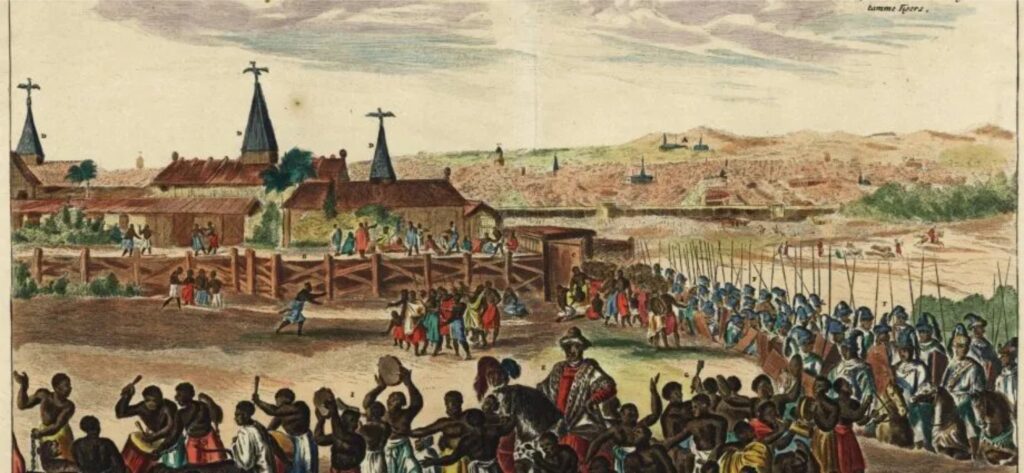In many Nigerian cultures, nighttime is more than just the absence of sunlight. It is a sacred period believed to be governed by spiritual forces. Among the Yoruba, Igbo, and other groups, the night is seen as a space where the unseen world becomes more active. This is a time when ancestors are remembered, spirits are said to roam, and silence is respected.
Because of this belief, people are taught from a young age to act with restraint once the sun goes down. Loud noises are discouraged, and certain actions are avoided completely. Whistling, in particular, is warned against because it is thought to cut through the quiet and disturb whatever presence might be near.
Whistling as a Summoning Signal
Cultural traditions teach that sound can hold power, and whistling at night is believed to send out an invitation, whether intentional or not. In Yoruba belief, spirits may respond to specific tones, and a whistle is seen as one of those triggers. Rather than being harmless, it is said to draw attention from energies that should not be disturbed.
Among the Igbo, some communities believe that whistling at night can attract physical danger, such as snakes, or even spiritual harm. There are folktales of people falling sick or having unexplained encounters after whistling under the moonlight. Whether symbolic or literal, these stories reinforce the idea that nighttime is not to be treated lightly.
A Belief That Refuses to Fade
Modern life has shifted many old traditions, but this one remains surprisingly common. Even in cities where cultural practices are fading, you will still hear someone tell a child to stop whistling at night. The reasons may not always be explained, but the caution has been passed down across generations.
Some people say they do not truly believe in the warning, but they follow it anyway. This quiet compliance shows how deeply rooted the belief is. It is not always about fear but about showing respect for things that are older than you and possibly beyond explanation.The idea behind the rule is not only spiritual. It serves as a form of discipline and mindfulness. Elders used it to teach awareness and consideration, reminding people that not all actions are appropriate at all times.
In the end, whether or not people still believe in spirits or curses, the rule has become cultural instinct. A whistle in the dark still feels out of place. It creates tension. It makes people stop and think. That alone shows the power of the tradition and its lasting hold on everyday life.
References
- The Guardian Nigeria – “Yoruba Superstitions: Meaning Behind Cultural Taboos” https://guardian.ng/life/yoruba-superstitions-meaning-behind-cultural-taboos
- BBC Africa – “Why You Shouldn’t Whistle at Night, According to Nigerian Elders” https://www.bbc.com/africa/whistling-at-night-nigeria
- Nairaland Forum – “Traditional Beliefs in Yoruba and Igbo Culture” https://www.nairaland.com/3154584/traditional-beliefs-yoruba-igbo-culture
- Africa Facts Zone – “African Taboos and Their Meanings” https://africafactszone.com/african-taboos-and-their-meanings


